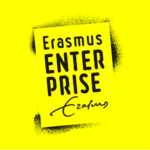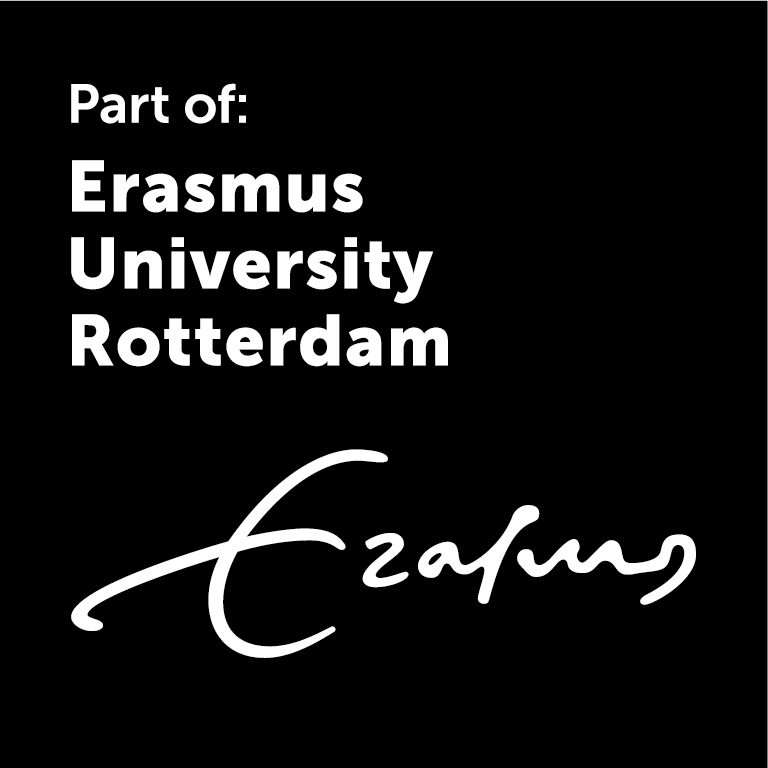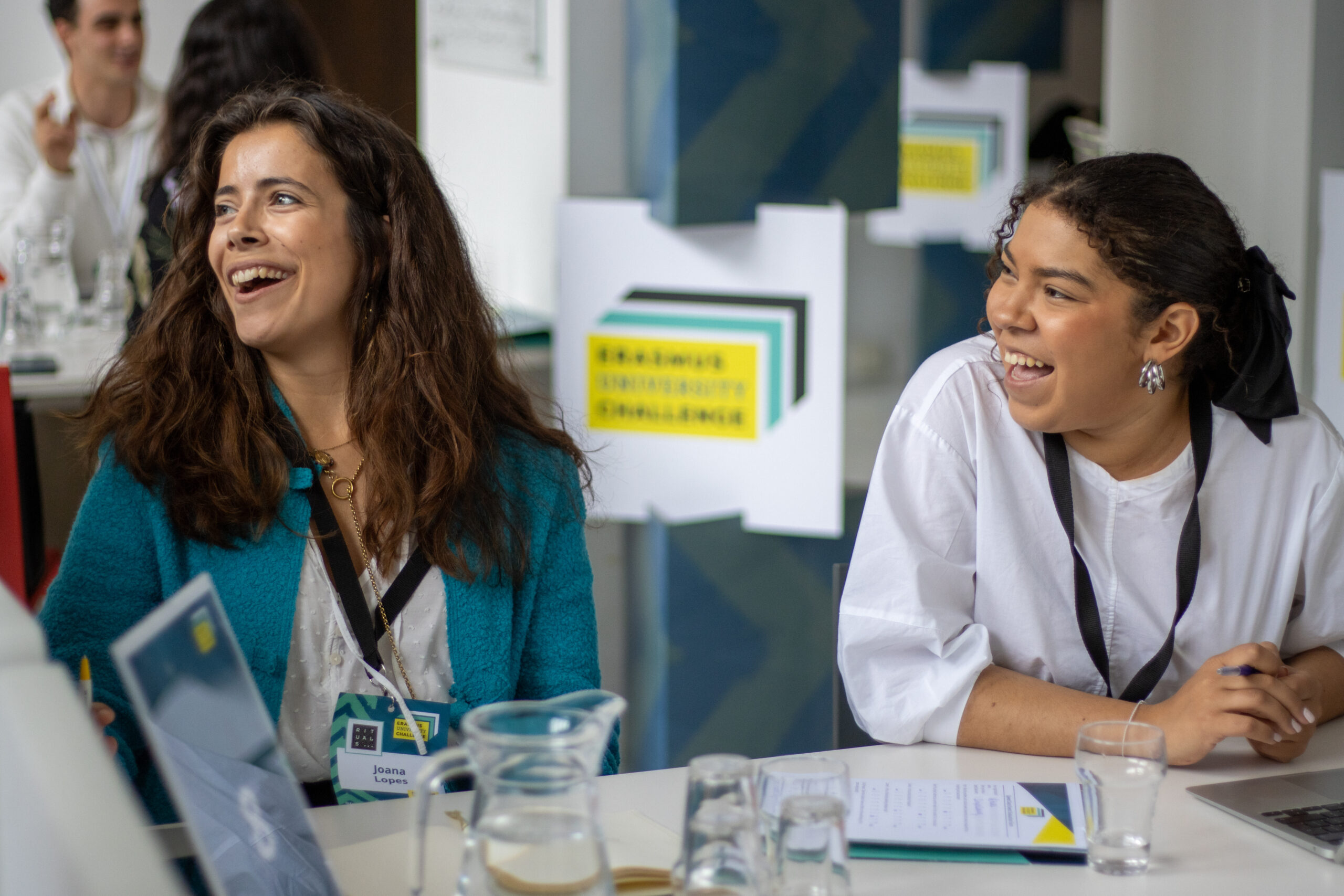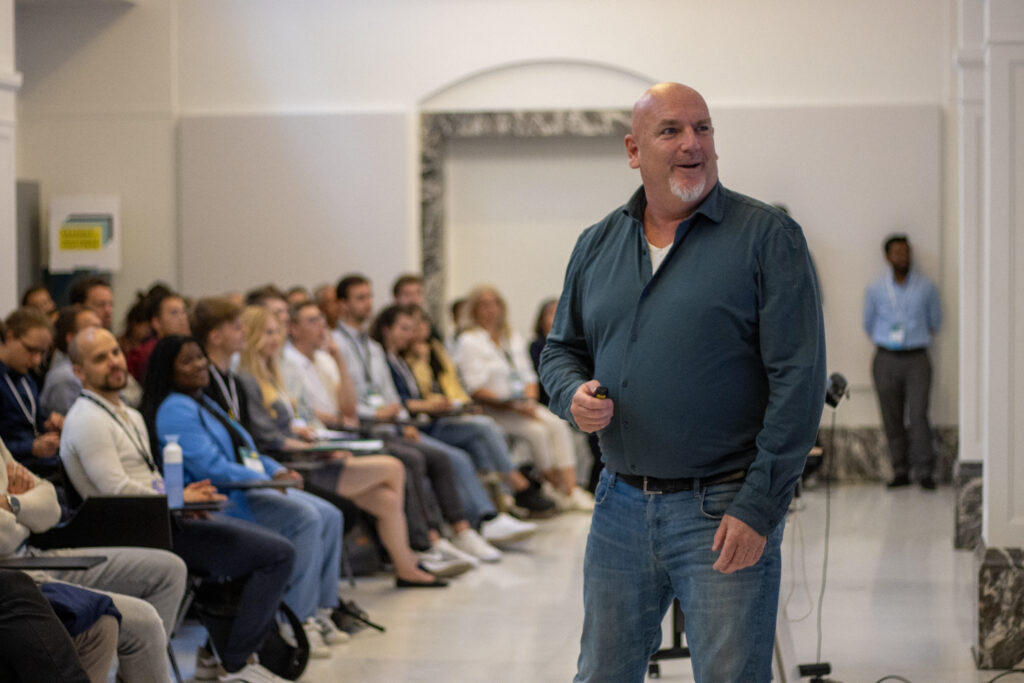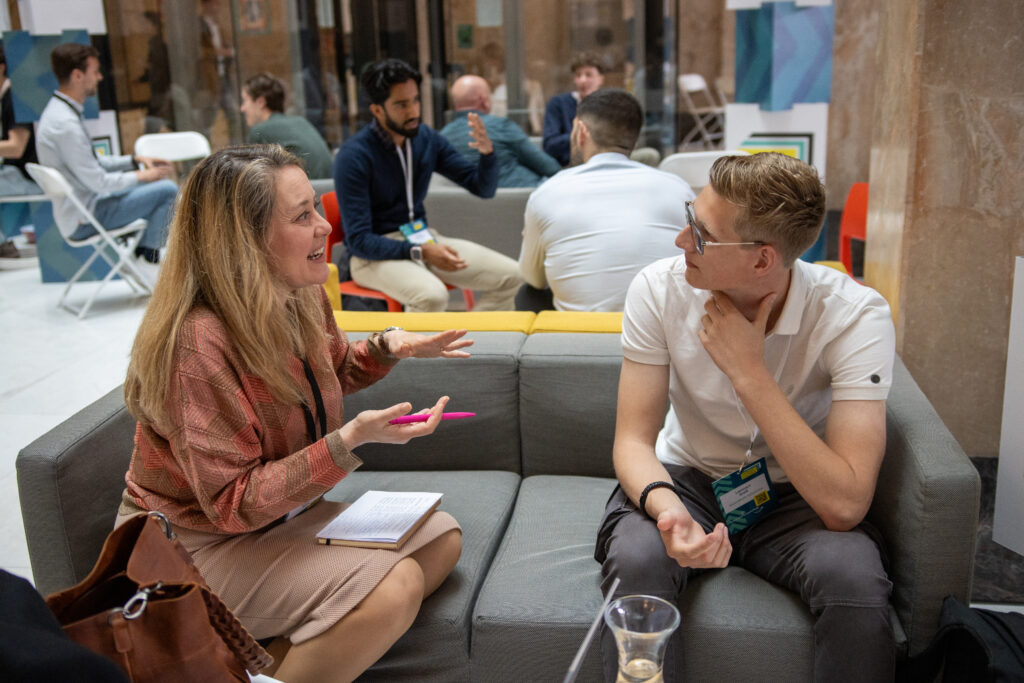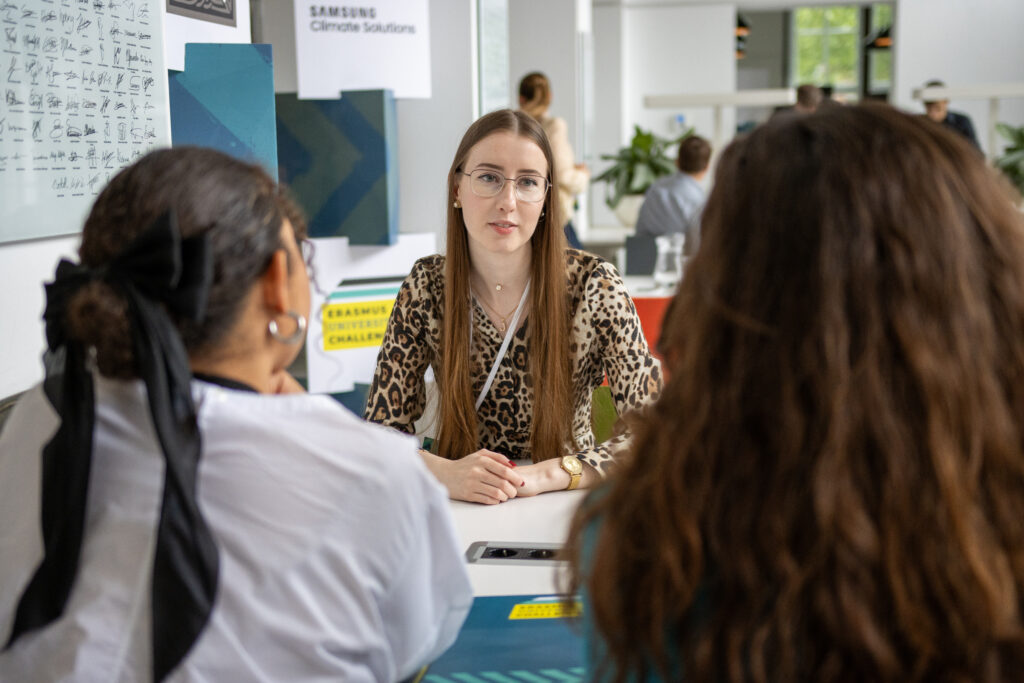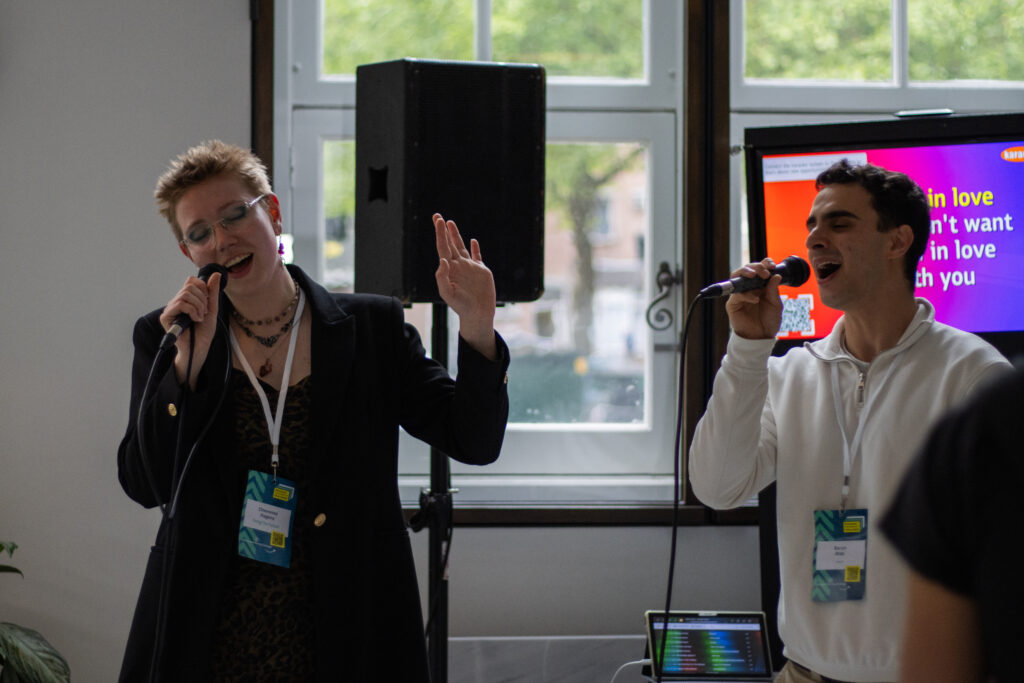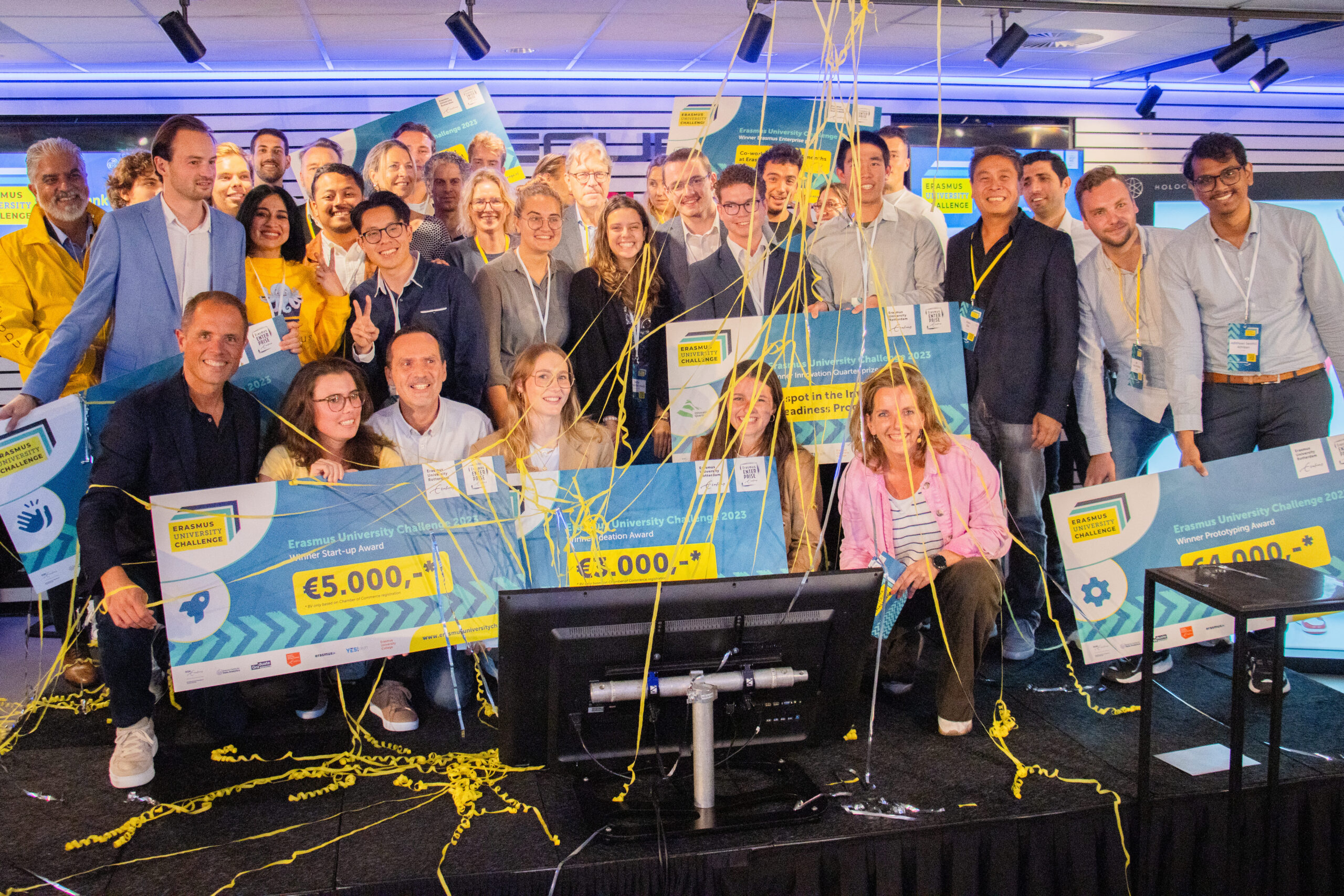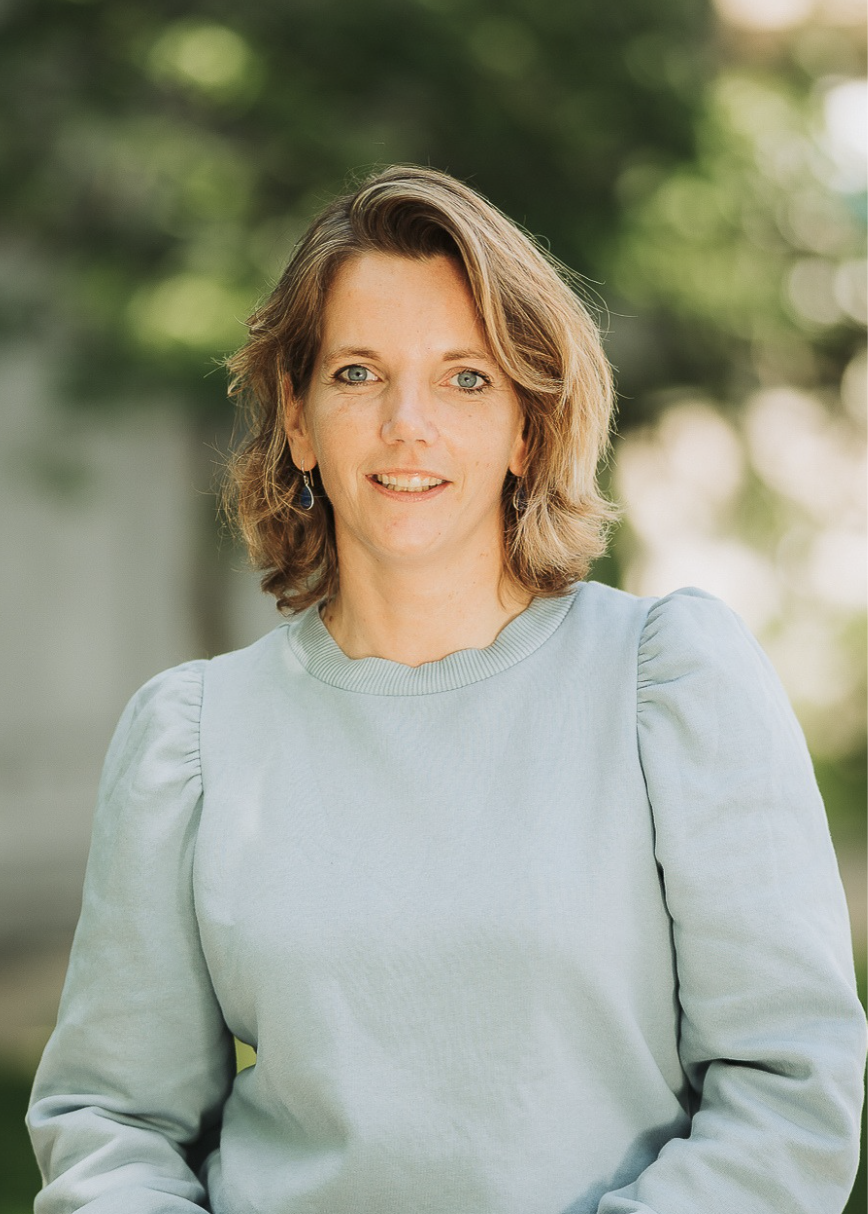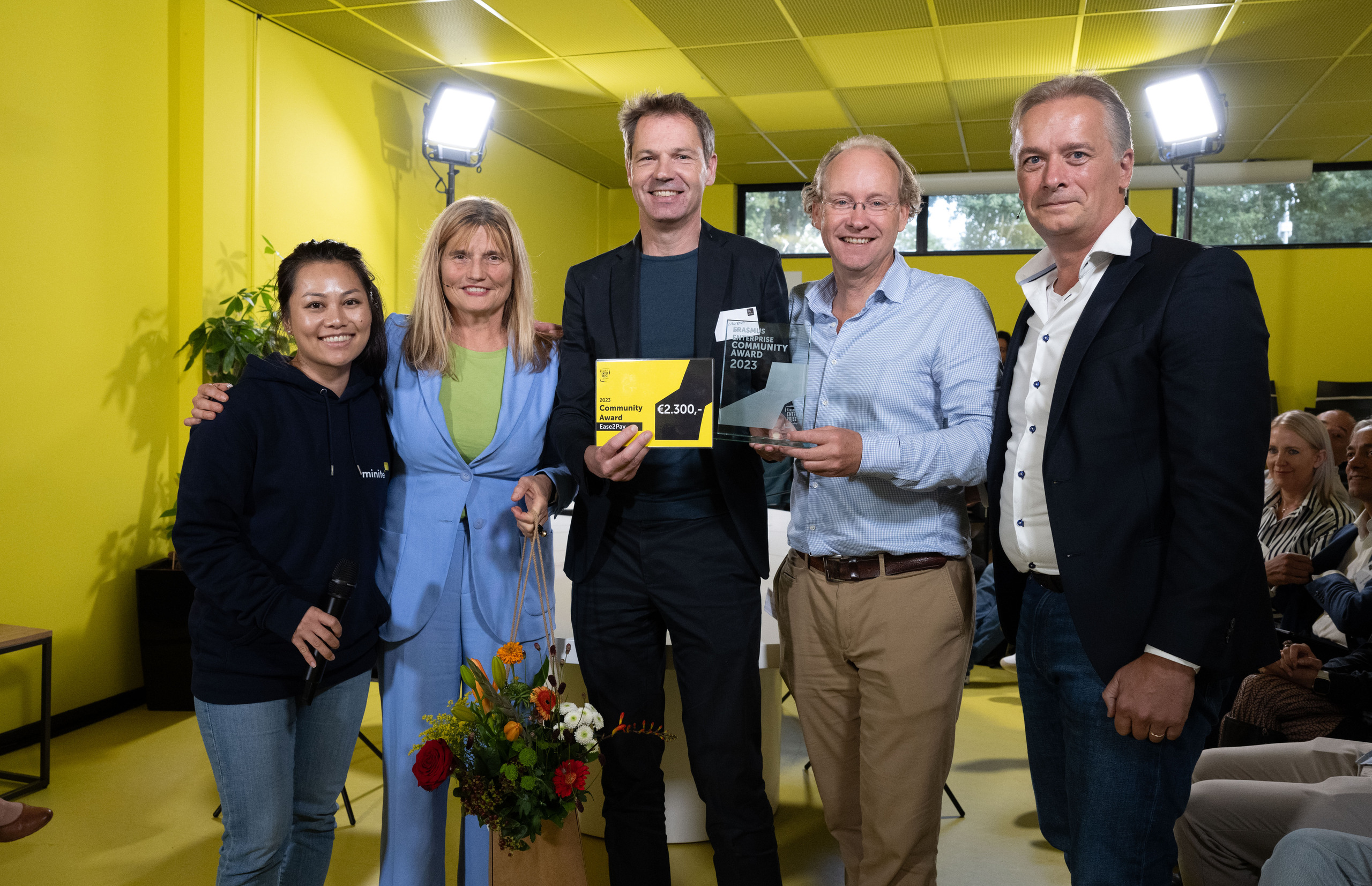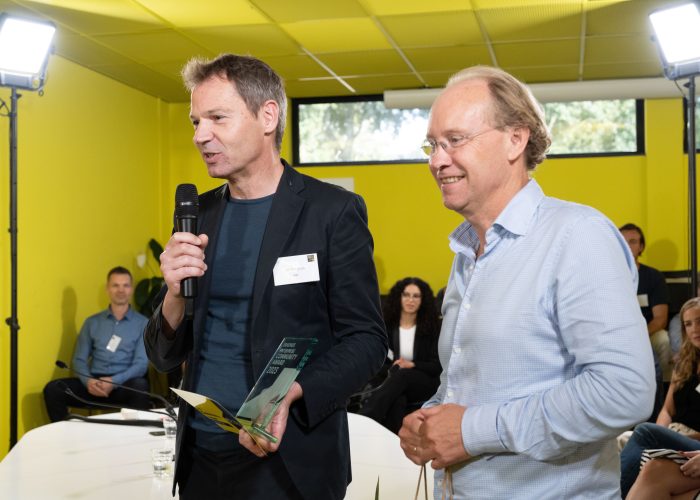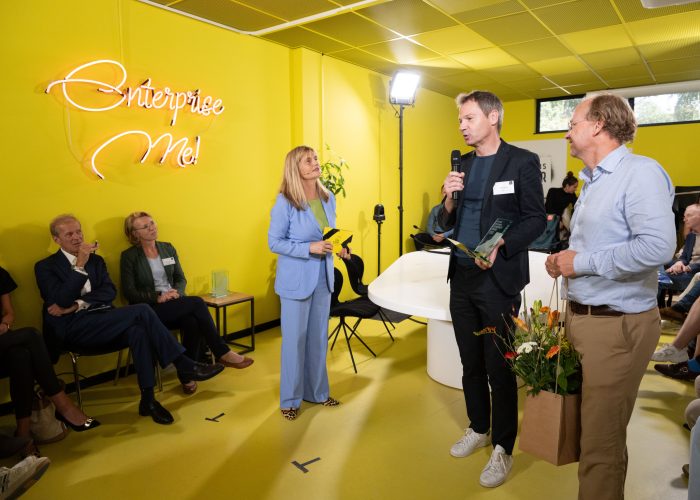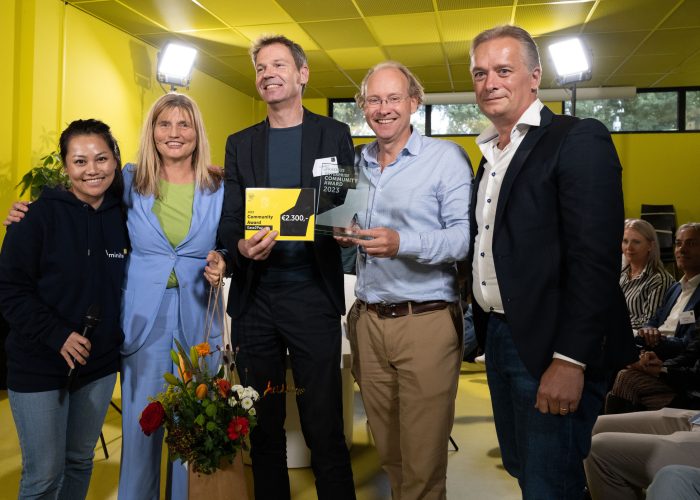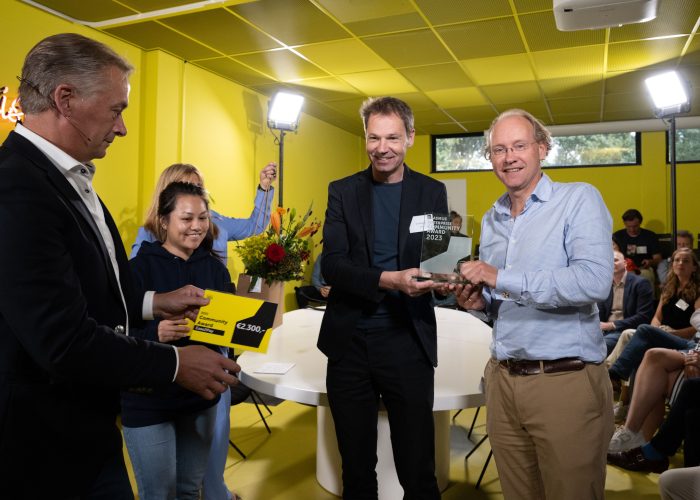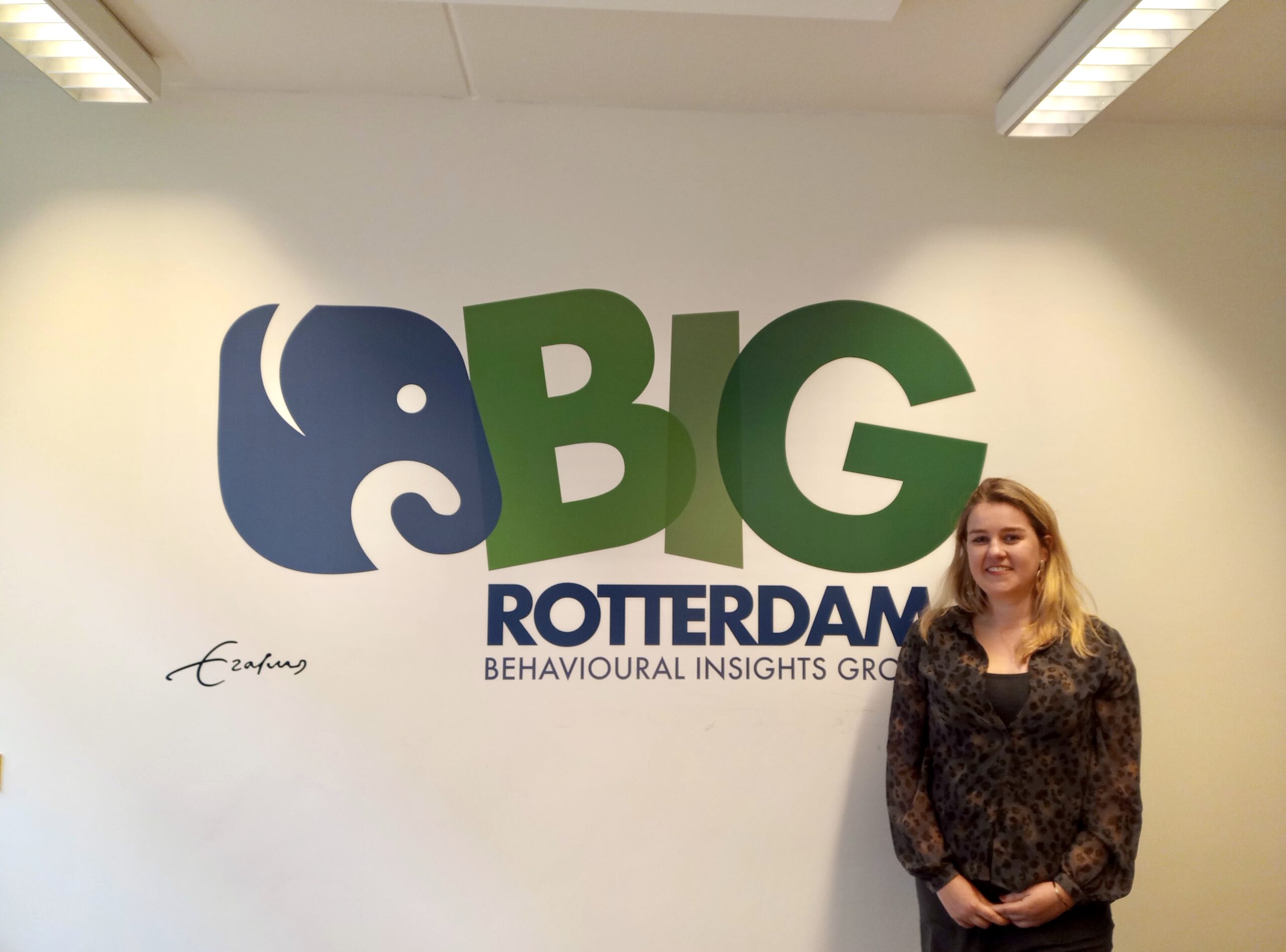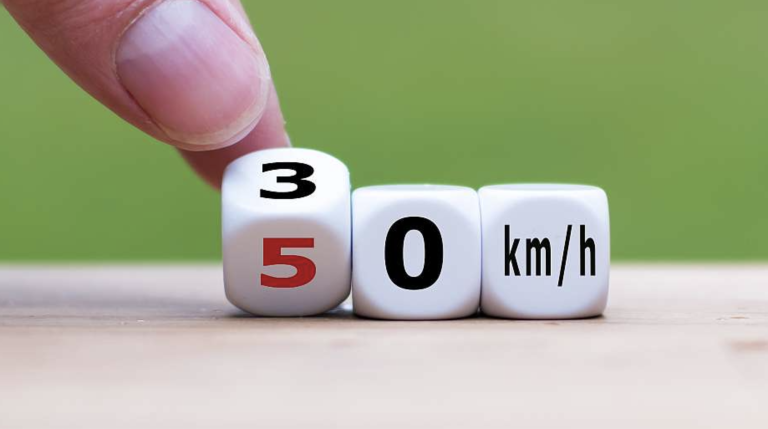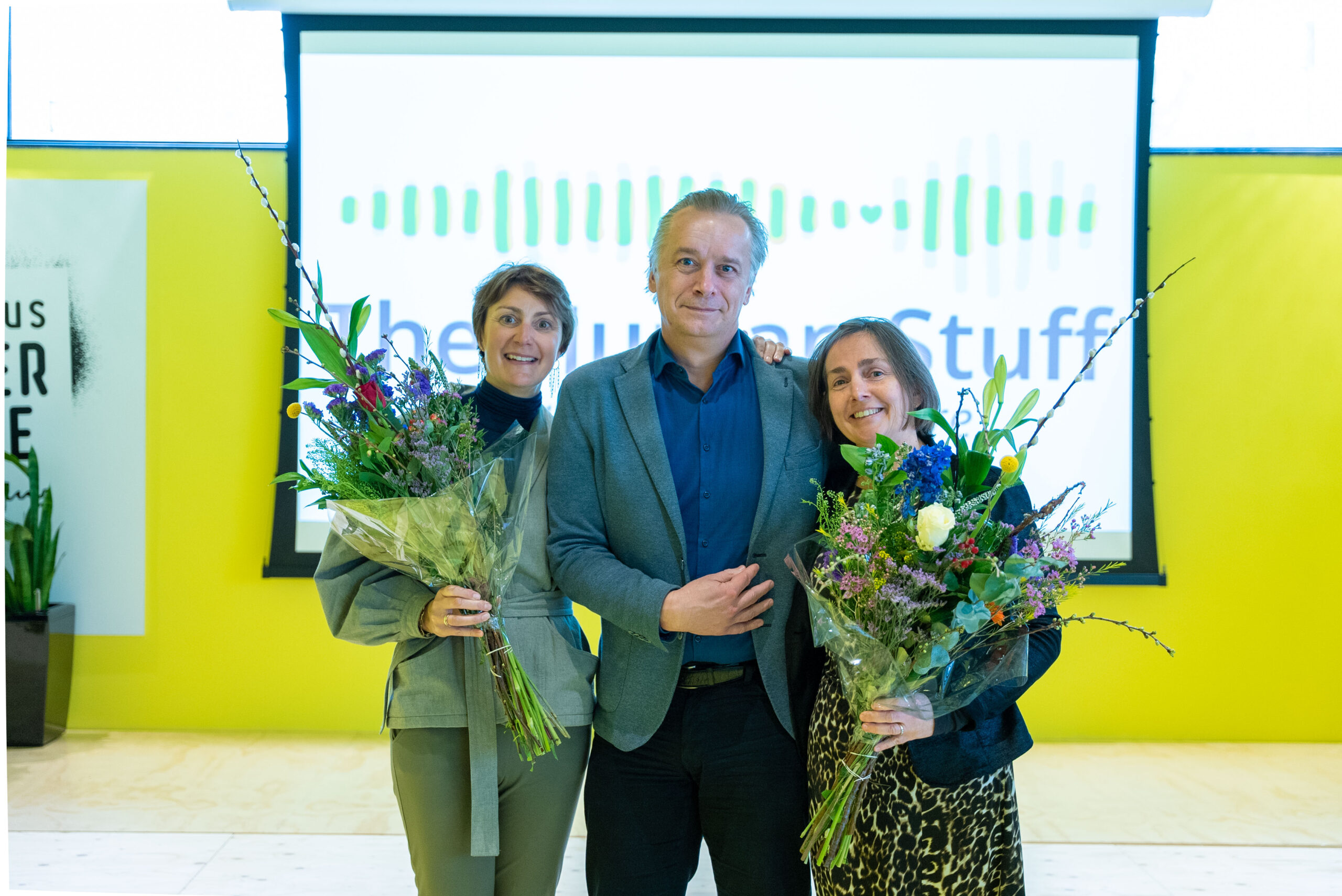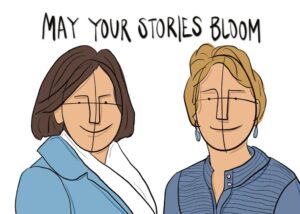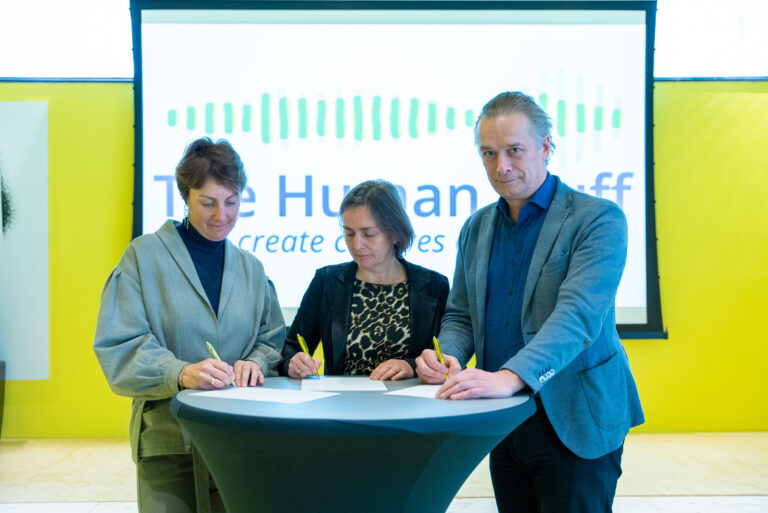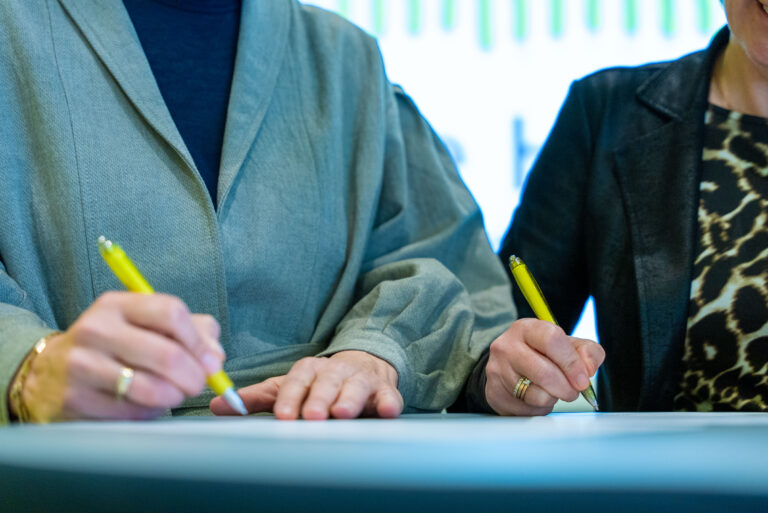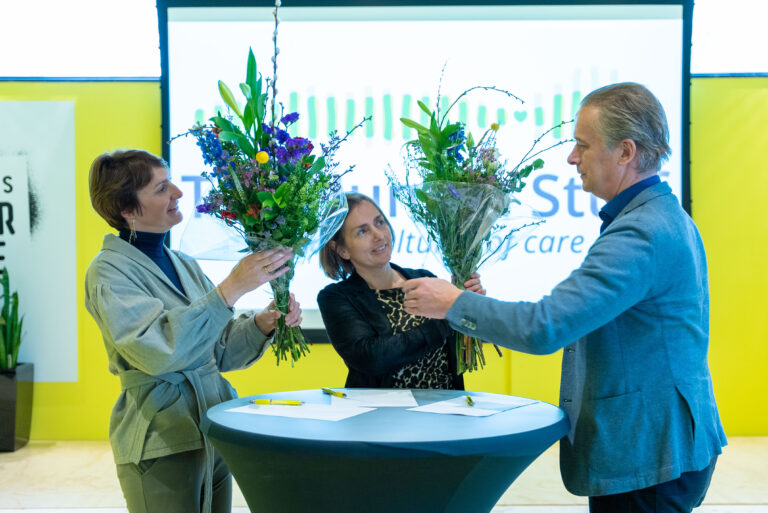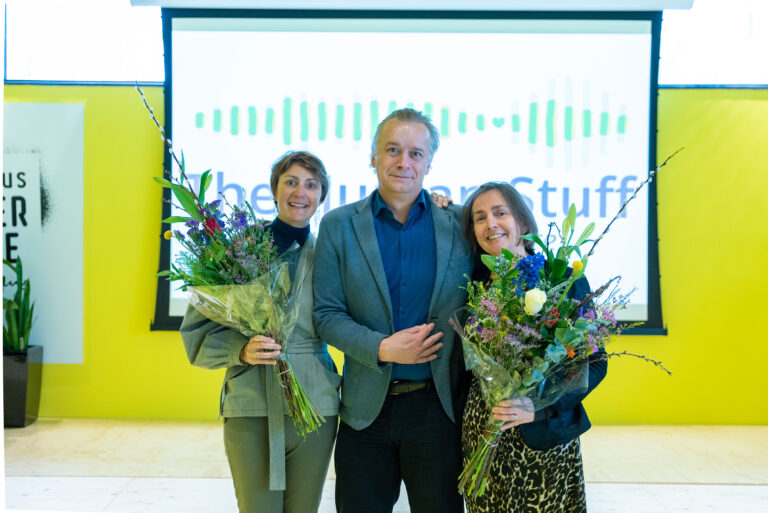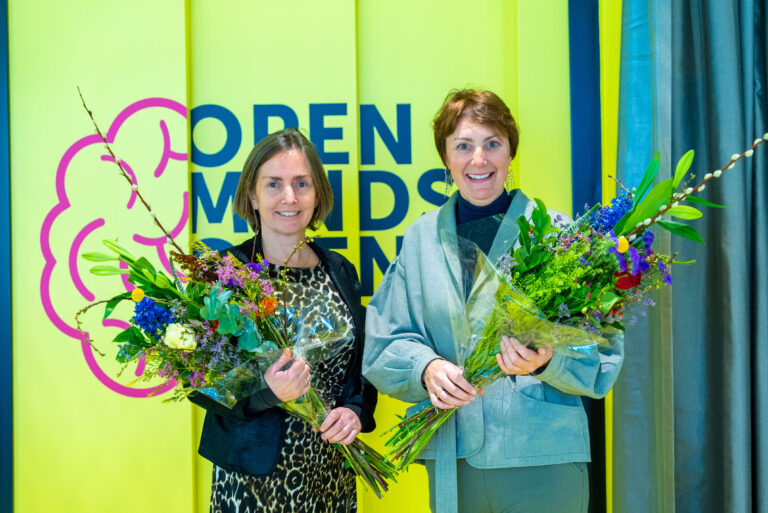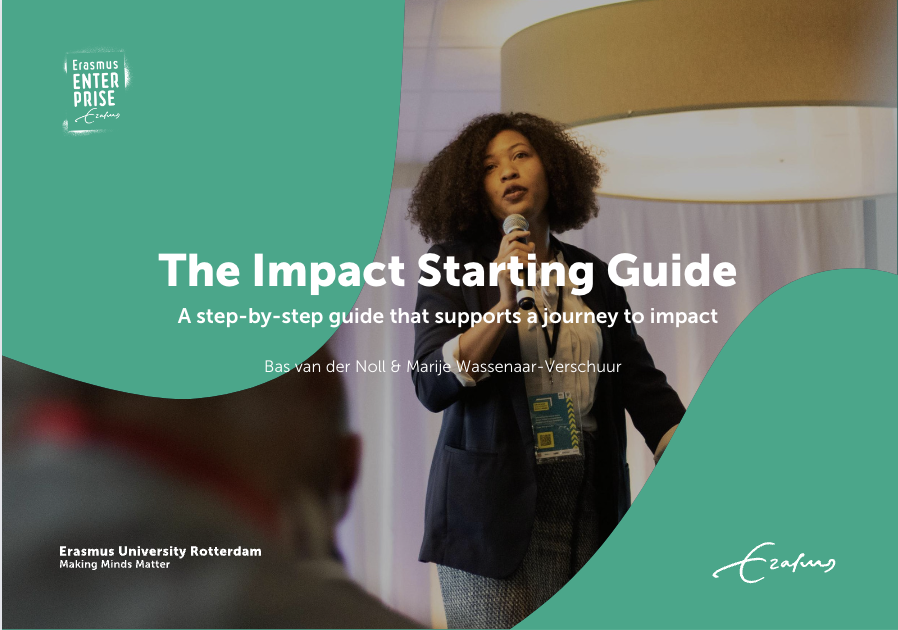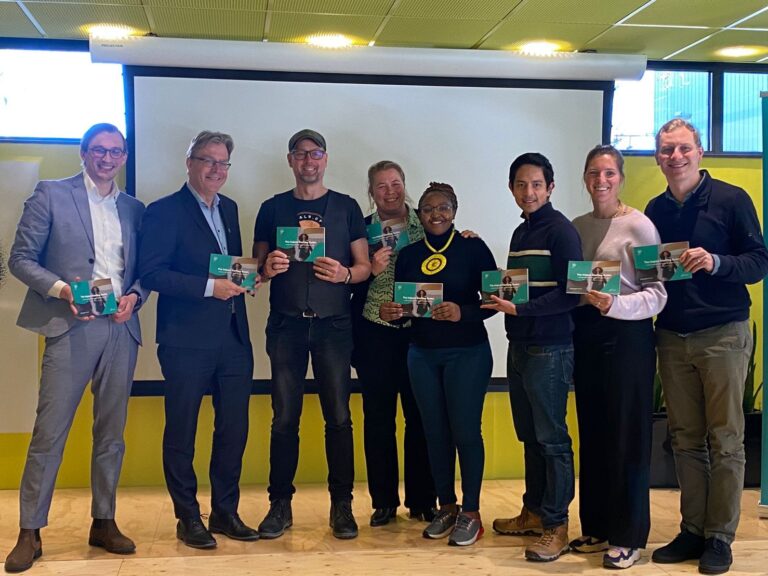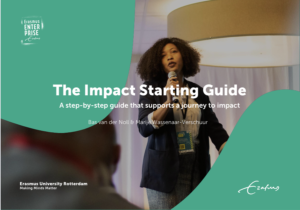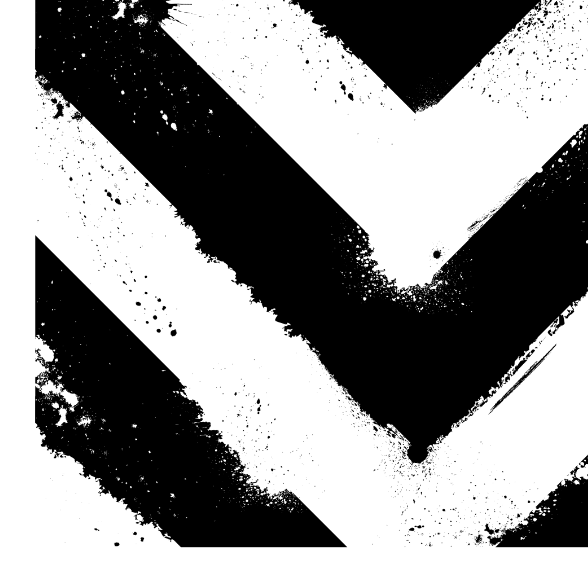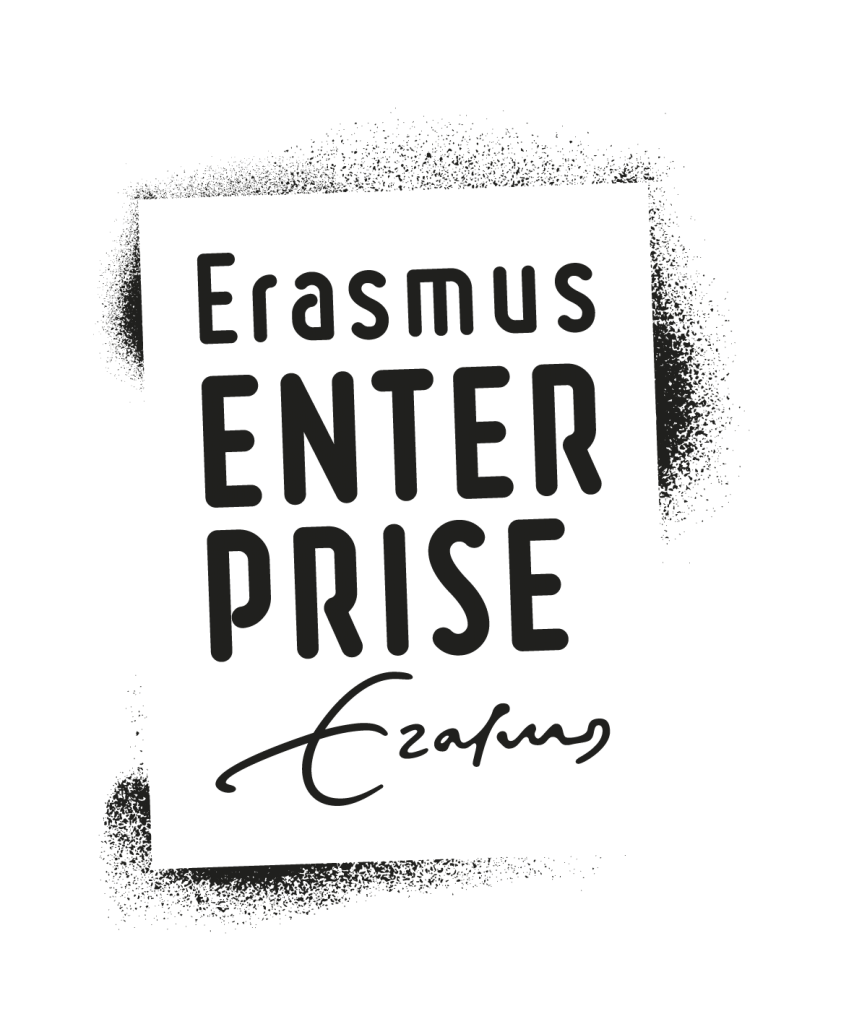Rotterdam, Netherlands May 28th: Last week’s Speed Date Event at Erasmus University College, centrally located in the heart of Rotterdam, marked a significant milestone in the ongoing Erasmus University Challenge. Held on Day Zero of the Upstream Festival, the event was a remarkable success, fostering innovation and collaboration between entrepreneurial teams and industry experts.
The event featured an impressive line-up with 53 teams and 45 coaches from various industries, including logistics, education, energy transition, and more. With over 150 speed dates taking place throughout the day, the atmosphere was buzzing with enthusiasm and innovative ideas.
Matthew Harvey, Managing Director of Erasmus University College, opened the event withthe historical significance of the building and reminding participants that “Life is not a sprint.It’s a marathon!” Followingly, Oscar van Veen, Director of Innovation at Port of Rotterdam,captivated the audience with his compelling journey from an aspiring basketball player to a lifelong entrepreneur, emphasizing that innovation is a collaborative process and that skill scan transfer seamlessly between the startup and corporate environments. Throughout the event, partners provided invaluable feedback, shedding light on market needs, validation, strategic alignment, and potential challenges. “It’s fantastic to see so many teams well-prepared with insightful questions for us partners” as noted by Jits Brouwer from ErasmusX.
The synergy between the diverse teams and seasoned experts was evident, highlighting the importance of exchanging innovation with industry leaders from diverse backgrounds. Such interactions are essential for sustainable growth, the success in the entrepreneurial landscape and refining the participating teams’ business strategies.
Want to know more?
Want to know more about the 3rd Edition of the Erasmus University Challenge and all theparticipants? Visit our website: erasmusuniversitychallenge.nl and follow us on social media (@Erasmus_University_Challenge). For questions, reach out to laulinda.massunda@soapbox.nl or info@erasmusuniversitychallenge.nl.
The Erasmus University Challenge is initiated by Erasmus Enterprise and organized annually in collaboration with Soapbox.
